Home > Interstate Moving > Moving to Idaho > Moving to Twin Falls
Moving to Twin Falls
Twin Falls, located in southern Idaho, is one of the fastest-growing cities in the state and a regional hub for the Magic Valley. Known for its dramatic Snake River Canyon, the iconic Perrine Bridge, and the breathtaking Shoshone Falls (often called the “Niagara of the West”), Twin Falls blends natural beauty with a small-city lifestyle. With a population of around 55,000, it’s large enough to provide modern conveniences but small enough to maintain a close-knit community feel.
Moving to Twin Falls means joining a city where outdoor recreation, affordability, and strong community values come together. The city attracts families, retirees, and professionals alike, with a stable economy driven by agriculture, food processing, healthcare, and education.
At the same time, Twin Falls has challenges. Winters are cold, public transportation is limited, and entertainment options are smaller compared to Boise. Still, for those seeking affordability, stunning landscapes, and a slower lifestyle, Twin Falls is an increasingly attractive choice.
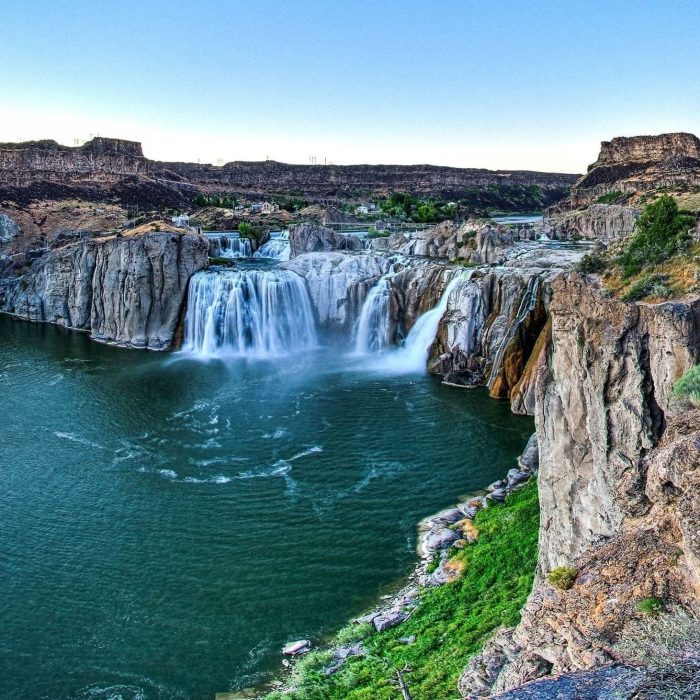
Why More People Are Moving from Other States to Twin Falls
In recent years, Twin Falls has attracted newcomers from states like California, Washington, and Oregon. The main reasons include:
Affordability: Compared to larger cities, housing and everyday expenses in Twin Falls remain relatively low.
Lifestyle: Twin Falls offers easy access to outdoor recreation, from hiking and kayaking to skiing in nearby Sun Valley.
Job opportunities: The city is home to major employers like Chobani, Glanbia Foods, and St. Luke’s Magic Valley Medical Center.
Community: Families are drawn to its safe neighborhoods, schools, and slower pace of life.
Location: Twin Falls is about 2 hours from Boise, providing access to a bigger city while keeping local charm.
For many, moving to Twin Falls is about escaping high costs and congestion elsewhere, trading them for Idaho’s natural beauty and affordability.
Pros of Living in Twin Falls
Affordability is a huge advantage. Housing costs are lower than national averages, making homeownership achievable for families and young professionals.
Nature is another pro. Residents enjoy the Snake River Canyon, Shoshone Falls, Dierkes Lake, and countless hiking trails just minutes from downtown. Outdoor enthusiasts love the easy access to fishing, kayaking, rock climbing, and BASE jumping from Perrine Bridge.
Community values are strong. Twin Falls has a reputation for being family-friendly, safe, and welcoming. Events like Twin Falls Western Days and the Farmers Market bring people together.
The job market is stable, anchored by agriculture, food production, healthcare, and education. Chobani’s large plant in Twin Falls has drawn national attention and boosted the economy.
Finally, Twin Falls offers balance. It’s big enough for shopping centers, restaurants, and healthcare facilities but small enough to avoid big-city congestion.
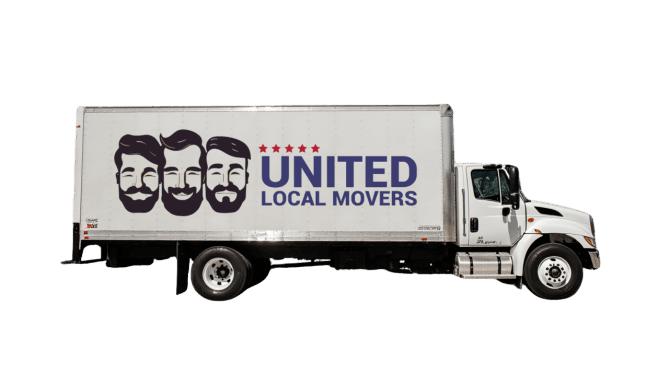
Ready to get moved? Get a FREE quote now
Book your move easily and stress-free!
Cons of Living in Twin Falls
Weather is a common drawback. Winters are long and cold, with snow and freezing temperatures. Summers can be hot and dry.
Public transportation is limited, making a car essential. Unlike larger cities, Twin Falls does not have extensive transit systems.
Entertainment and cultural options are limited. While there are theaters, local events, and restaurants, residents often travel to Boise for larger concerts, sporting events, or museums.
Job diversity is another issue. While agriculture, food production, and healthcare are strong, high-paying tech or corporate jobs are limited.
Finally, growth has created challenges. As more people move in, housing demand has increased, driving prices up faster than wages for some residents.

What Life is Like in Twin Falls
Life in Twin Falls is community-oriented and centered around nature. Residents often spend weekends hiking in the Snake River Canyon, kayaking at Centennial Park, or visiting Shoshone Falls.
Neighborhoods vary from historic homes near downtown to newer developments on the city’s outskirts. Many families prefer suburban-style neighborhoods with large yards, while retirees enjoy quieter areas near parks and walking trails.
Food culture is growing. Twin Falls has a mix of local diners, breweries, and farm-to-table restaurants. Farmers markets bring fresh produce and handmade goods to the community.
Events like the Twin Falls County Fair, Western Days, and local festivals highlight the area’s agricultural roots and family values.
For families, Twin Falls offers safety, affordability, and education. For outdoor enthusiasts, it’s a base camp for adventure. For retirees, it’s peaceful, affordable, and scenic.
Living Costs in Twin Falls
Twin Falls is more affordable than many U.S. cities, especially on the West Coast.
| Category | Twin Falls | National Average |
|---|---|---|
| Housing (Rent per Month) | $1,100 | $1,570 |
| Utilities | $165 | $180 |
| Groceries | $310 | $330 |
| Transportation | $130 | $140 |
| Healthcare | $410 | $440 |
Housing is one of the biggest draws. While prices have risen, Twin Falls remains affordable compared to Boise, Portland, or Seattle. Everyday expenses like groceries and utilities are slightly below national averages.
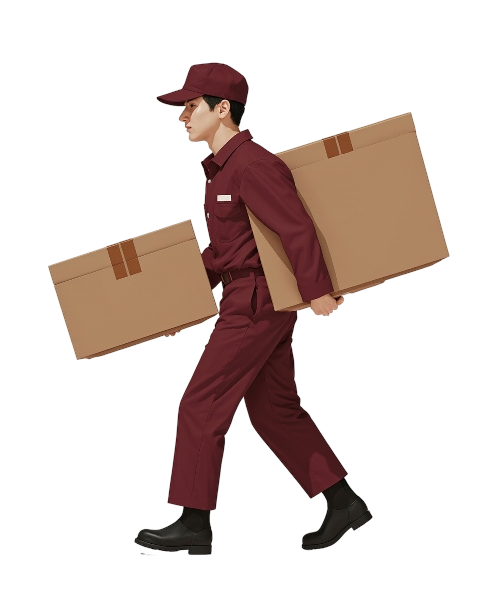
Ready to get moved? Get a FREE quote now
Ready to get moved? Get a FREE quote now
Schools and Education in Twin Falls
Twin Falls is served by the Twin Falls School District, which includes several elementary schools, middle schools, and Twin Falls High School. Canyon Ridge High School, built in 2009, is another major high school serving the community.
The district has invested in technology and extracurricular programs, giving students access to athletics, arts, and advanced placement courses.
Private and charter schools are also available, providing parents with additional choices.
Higher education is anchored by the College of Southern Idaho (CSI), which offers associate degrees, workforce training, and community education. CSI also supports cultural life, hosting events, concerts, and athletic programs.
Families appreciate the balance of solid public education and local college opportunities without leaving Twin Falls.
Transportation and Getting Around
Twin Falls is car-dependent. Most residents own cars, and commutes are short, averaging 15 minutes. Traffic is minimal compared to larger cities.
Public transportation is limited to a small bus system and services for seniors or people with disabilities. For most, driving is essential.
The city is served by Magic Valley Regional Airport, with connections to Salt Lake City and beyond. For more flight options, residents often drive to Boise Airport (2 hours away).
Cycling and walking are popular in some neighborhoods, and outdoor trails connect parks and natural areas.

United Local Movers: Our Services
Relocating to Twin Falls is smoother with experienced movers. United Local Movers provides professional packing, secure storage, and long-distance relocation services.
Whether moving into a suburban home, a downtown apartment, or a rural property outside the city, our crews manage every detail with care.
With transparent pricing and customized plans, United Local Movers ensures stress-free relocations to Twin Falls.
Average Cost to Move to Twin Falls
Moving costs depend on distance and services required.
| Move Type | Estimated Cost |
|---|---|
| Local Move (1-2 Bedrooms) | $900–$1,800 |
| Cross-Country Move | $3,000–$5,500 |
| Full Packing Services | + $350–$800 |
| Storage Options | $120–$250 per month |
United Local Movers provides upfront estimates with no hidden costs, ensuring transparency and professionalism.


How to Choose the Right Moving Company
When relocating to Twin Falls, it’s important to choose movers with experience in Idaho and long-distance logistics. Confirm licensing, insurance, and written estimates.
Check reviews to assess professionalism and reliability. Movers should understand both urban and rural relocations.
United Local Movers combines local expertise with nationwide reach, making it the trusted choice for Twin Falls relocations.
Final Thoughts
Twin Falls is a city where affordability, natural beauty, and community values create a rewarding lifestyle. While high costs are rising and job diversity is limited, the town’s safety, outdoor opportunities, and family-friendly environment make it attractive to newcomers.
For families, retirees, and professionals seeking a balance of small-city convenience and outdoor adventure, Twin Falls delivers. And with United Local Movers, your relocation to Twin Falls can be professional, smooth, and stress-free.
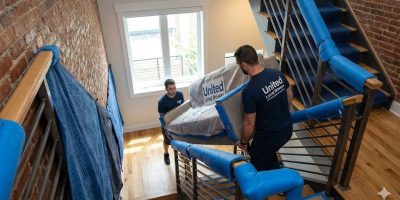
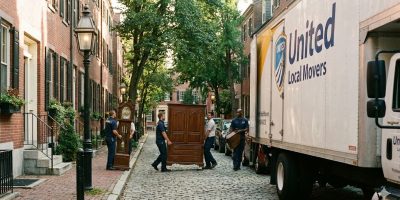
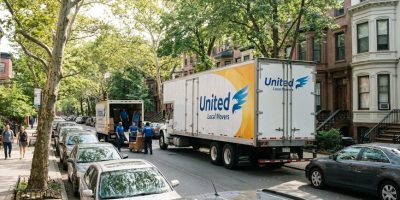
![local movers in [City] local movers in [City]](https://unitedlocalmovers.com/wp-content/uploads/elementor/thumbs/local-movers-in-City-rj6z70ii1a4awlun6ubh8rd3n7tif0jfillzrg9hao.jpg)
